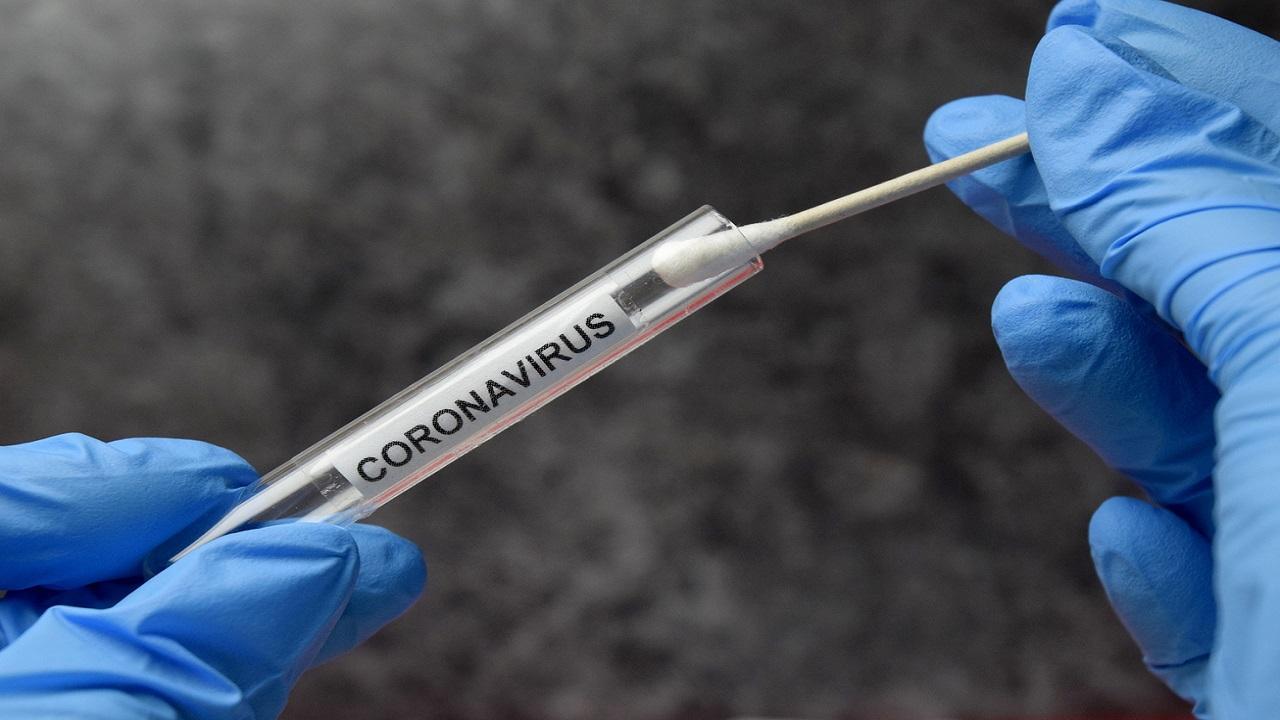The variant was observed in Europe in March and has been notified and brought into public domain on June 13 this month.

Photo used for representational purpose. Pic/iStock
In the context of public discourse regarding detection of new variants, NITI Aayog Member (Health) V.K. Paul has reminded that the newly detected 'Delta Plus' variant is not yet classified as a Variant of Concern (VOC).
ADVERTISEMENT
The variant was observed in Europe in March and has been notified and brought into public domain on June 13 this month.
As 'Delta Plus' is not yet classified as a VOC, Paul said, the way forward is to watch the potential presence of 'Delta Plus' in the country and take the appropriate public health response.
"The present status is that yes, a new variant has been found. This is as of now a Variant of Interest (VoI), not as yet classified a VoC," Paul clarified it in a Covid-19 media briefing.
The VOC is one in which we have understood that there are adverse consequences to humanity, which could be due to increased transmissibility or virulence, said Paul, adding "We do not know at this moment about the Delta Plus variant."
Paul stressed on the need to watch the effect the variant in a scientific manner as it has been found outside our country.
"We need to monitor it through The Indian SARS-CoV-2 Consortium on Genomics (INSACOG) in order to assess and detect its potential presence and growth in our country. This is the way forward in relation to the virus," said Paul.
He also mentioned that this will be an important area of future work for our comprehensive system of almost 28 laboratories and that the system will constantly watch this and study its significance.
"This is something which science should and will watch and understand."
The NITI Aayog Member said that this variant is a reminder to us about the importance of infection control and containment measures and behaviour.
"Remember that there is no way that we can shoot these variants away, to use any precision weapon to ensure that they don't appear in future. What we need to do is to monitor, understand their behaviour and mount an appropriate response, being conscious of their effects on us. The appropriate response includes the same principles, namely containment measures and Covid-19 appropriate behaviour."
He spoke of the importance of addressing the root cause and breaking the chain of transmission. "One of the important tools to tackle any new variant is by following Covid-19 Appropriate Behaviour.
The root cause is the chain of transmission, Paul said, adding "so, if we are able to address the root cause and break the chains of transmission, we will be able to contain the spread, whichever the variant may be."
Explaining the origin of 'Delta Plus' variant, Paul said: "During the second wave, Delta variant - B.1.617.2 exhibited its effect, and its higher transmissibility played a major role in making the wave intense."
Along the same line, he said, an additional mutation has been detected, which has also been submitted to the Global Data System. "This has been referred to as the 'Delta Plus' or 'AY.1' variant."
This story has been sourced from a third party syndicated feed, agencies. Mid-day accepts no responsibility or liability for its dependability, trustworthiness, reliability and data of the text. Mid-day management/mid-day.com reserves the sole right to alter, delete or remove (without notice) the content in its absolute discretion for any reason whatsoever.
 Subscribe today by clicking the link and stay updated with the latest news!" Click here!
Subscribe today by clicking the link and stay updated with the latest news!" Click here!






